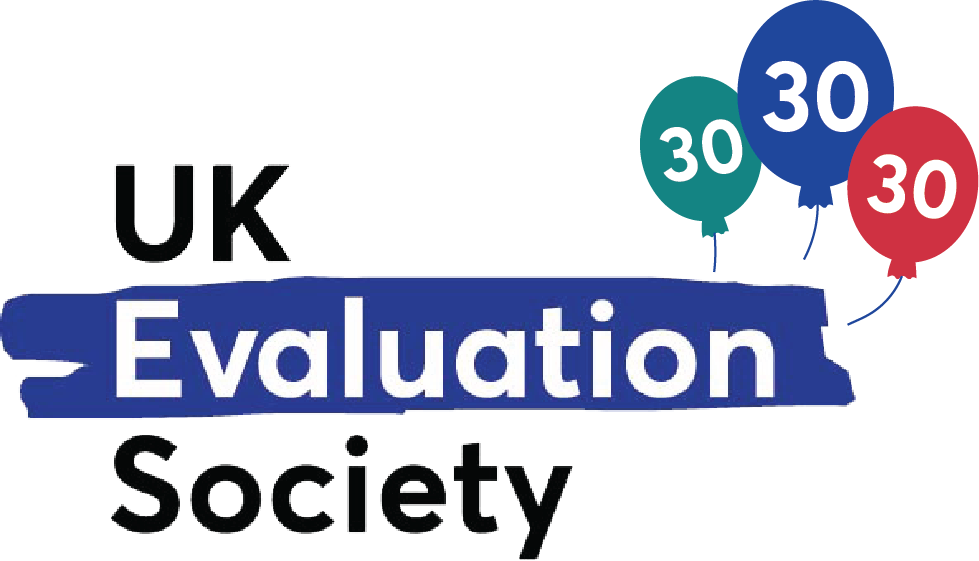29 March 2022
Process Tracing
This is a popular Masterclass, held in conjunction with CECAN Ltd., for those working in consultancy, NGOs, Government, academia and other evaluation settings.
Process Tracing is a method used to understand causal chains in single case analysis settings. It is the systematic analysis of contribution claims through explicit investigation of how pieces of evidence support or undermine a particular hypothesis or claim.
Process Tracing is particularly good for the analysis of single scenarios where no comparison to other cases is possible. It focuses on the causal contribution of particular events to final outcomes by carefully classifying the contribution of identified causes by necessity and sufficiency.
Plan of the day
09:30 – 10:30
Session 1 Complex Causality in Evaluation
10:30 – 11:00
Breakout Session 1
11:00 – 11:15
Break
11:15 – 12:15
Session 2 What is Process Tracing?
12:15 – 12:40
Breakout Session 2
12:40 – 13:00
Groups Reporting Back
13:00 – 14:00
Lunch
14:00 – 14:45
Session 3 Process Tracing Case Study
14:45 – 15:00
Break
15:00 – 15:30
Breakout Session 3
15:30 – 16:00
Groups reporting back
16:00 – 16:45
Sesion 4 Formalising Process Tracing
16:45 – 17:00
Wrap up
Learning Outcomes
By the end of this session, participants will :
- Appreciate the problems of complex evaluation
- Acknowledge the problems of complex causality for contribution claims
- Know what process tracing is
- Know why/when you might need process tracing
- Know how to do process tracing, helped by working through a case study
Tutor Biography
Dr Corinna Elsenbroich is a Reader in Computational Modelling at Glasgow University (MRC/CSO Social & Public Health Sciences Unit). Corinna is particularly interested in methodological and epistemological aspects of novel methods, in particular computational methods such as agent-based modelling and social simulation, and has published on aspects of ontology, explanatory power and context validity in modelling. As a computational modeller, she has developed models of dynamic social networks of juvenile delinquency, neighbourhood effects of extortion racketeering and collective reasoning in social dilemma situations. She is particularly interested in complexity sensitive social science methods, comprising computational, case-based and participatory methods. As a co-investigator in the Centre for Evaluation of Complexity Across the Nexus (CECAN) she is involved with developing these methods in a policy-relevant way. She is currently working on how to combine methods through novel research designs.
Fees
£300 for Non-Members of UK Evaluation Society *
£250 for Members *
£200 for Student Members
Apply for a place on this course
* Discount available for institutions booking 6 or more places

